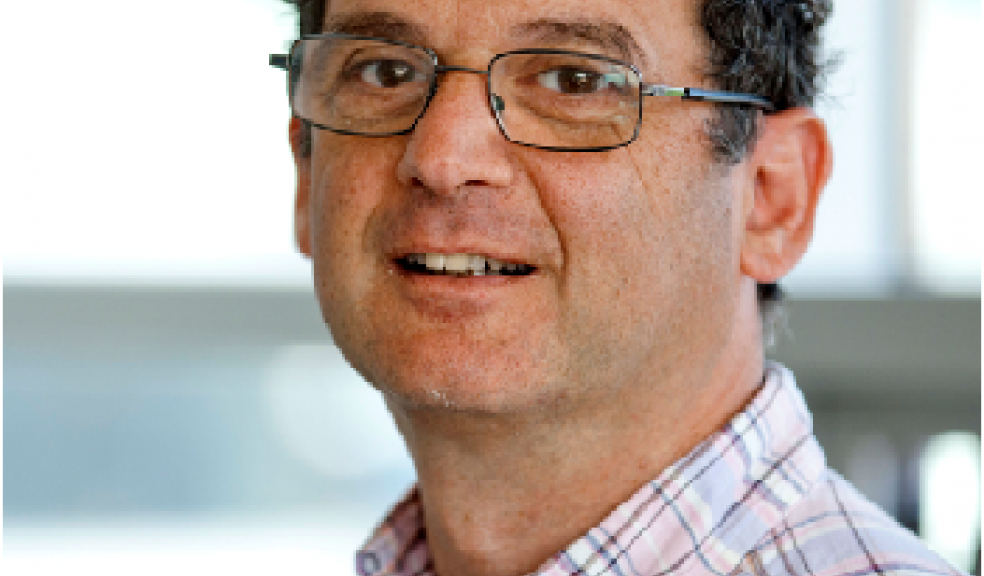
Plymouth University cuts down on animal testing
A researcher from Plymouth University Peninsula Schools of Medicine and Dentistry has received funding to reduce the need for live animals in scientific research.
Dr Gyorgy Fejer has been awarded nearly £95,000 by the National Centre for the replacement, refinement and reduction of animals in research (NC3Rs).
The funding is for a pilot study to develop the lab-based creation of a type of mouse cell which could be used in place of the live animals for research related to infectious and allergic lung conditions.
Dr. Fejer will use the award to establish an artificial source for cells called macrophages which play a key role in our immune systems and are linked to diseases such as asthma.
Currently the main source of macrophages is through harvesting cells from live mice. The cells harvested however have limited life span, requiring repeated uses of the animals.
Dr Fejer’s method however both removes the need for live mice and greatly improves upon the efficiency of the process by obtaining between 20-30 million cells from a single batch.
This means that scientists who research asthma and pulmonary virus and bacterial infections can for the first time have access to almost limitless cells for study, without the need for live mice.
Dr. Fejer’s award is one of several presented to scientists across the UK by NC3Rs for smart approaches to reduce animal use in science.











